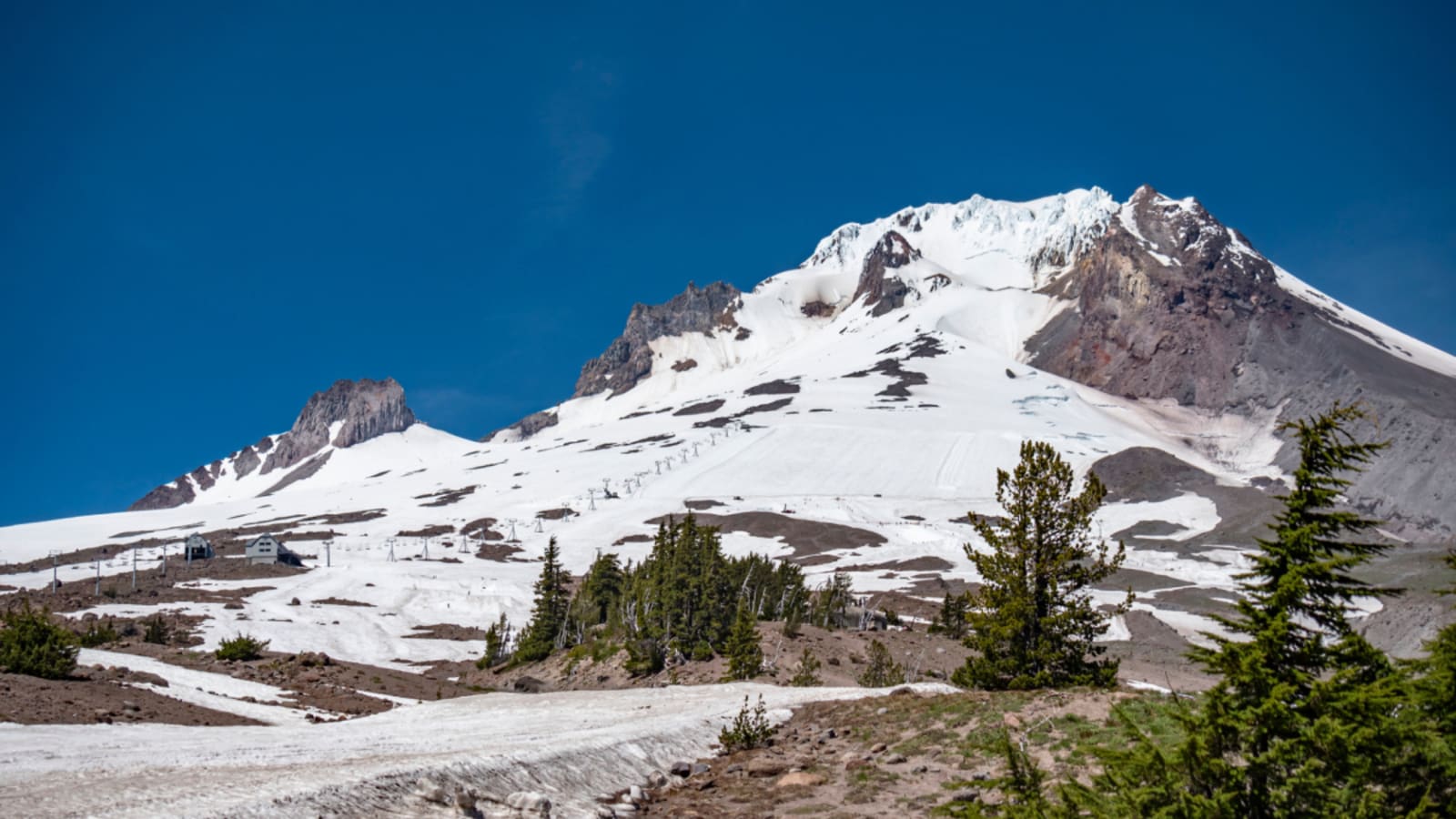
A bill introduced to the Senate could have major implications for the operation of Oregon's ski areas.
Amongst other things, Senate Bill 1196 has the potential to reduce liability requirements for recreation areas, which would make it cheaper for insurance companies to cover businesses like ski areas. On the flip side, the bill's passing would increase the legal power of a liability waiver, making it more difficult for a patron (skier) to hold a business accountable for an injury.
The insurer of some of the largest ski areas in Oregon has recently pulled out of the state, citing that the operating costs have become to high given the state's liability laws. The company, Special Safehold Risk, provides insurance to Mt. Hood Meadows and Timberline.
The conversation opened by the bill is part of a larger one brought up by House Bill 3140, which would essentially make anyone offering outdoor or indoor recreation to require participants to sign waivers and would release businesses from 'ordinary negligence.'
The bill's intent was to protect businesses that might otherwise shut down or move out of Oregon if operating costs got too high due to insurance, therefore protecting Oregon's recreation opportunities.
In it's initial proposal, the House Bill was publicly supported by major businesses in Oregon recreation and tourism such as Timberline, Mt. Bachelor, the Oregon Outdoor Alliance, and OARS Whitewater Rafting.
Want to keep up with the best stories and photos in skiing? Subscribe to the new Powder To The People newsletter for weekly updates.
Special Safehold Risk claims manager Eric Morgan told Oregon lawmakers in a written testimony that of the 37 states Safehold insures ski areas in, Oregon accounts for 20% of its nationwide losses up to $1M, and 50% of the company's losses between $1M and $10M.
Morgan testified in support of Senate Bill 1196 because of these losses. Safehold's exit from the state, however, leaves just one company, MountainGuard, to insure the state's 12 ski resorts.
The National Ski Areas Association's overseer of litigation and insurance, Dave Byrd, also testified saying that Oregon has the worst litigation climate of all 37 states insured by Safehold due to the state's lack of ability to enforce waiver liability. General managers from Oregon ski areas such as Mt. Ashland and Timberline have expressed their concern over Safehold's departure, and the impending vote on Senate Bill 1196.
The bill's public opposers are those who have personal experiences with liability law in Oregon. Amongst them are folks like Joel Shaich, who broke his back and was paralyzed from the waist down after falling on an icy ski run at Mt. Hood in 2020, and Myles Bagley, who was paralyzed after crashing on a jump at Mt. Bachelor in 2002.
Those in opposition want to maintain the public's ability to hold businesses accountable for negligence. If the bill passes it would still allow for claims of gross negligence, but a much higher level of severity would be required for such cases. This has been criticized for giving businesses a 'free pass' at the expense and risk of the consumer.
Proponents of the bill argue that the negative impacts of the recreation lost without the bill would be disproportionately harmful to Oregon's recreation opportunities not just for individuals, but for non profits and the groups they serve, the state's tourism industry, and businesses that fall under the recreation category that don't involve the same level of risk as a ski area, per se.
Lawmakers must complete work on the bill by June 29, 2025 a quickly approaching deadline that could leave places like Timberline, who operates through the summer, high and dry without insurance.
More must-reads:
- Pacers' Pascal Siakam posterized fellow sidekick during Game 6
- Wayne Gretzky criticizes Oilers after Stanley Cup loss
- The 'Most goals in a Stanley Cup Playoffs' quiz
Breaking News
Trending News
Customize Your Newsletter
 +
+
Get the latest news and rumors, customized to your favorite sports and teams. Emailed daily. Always free!








